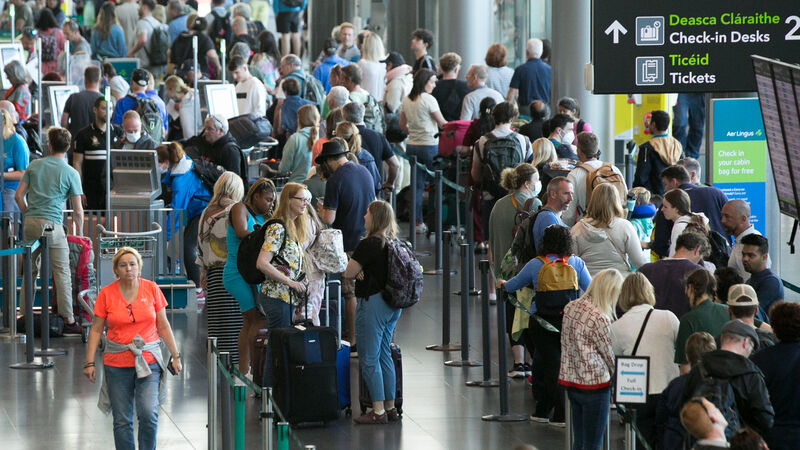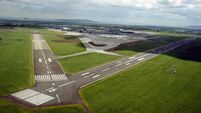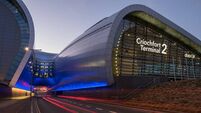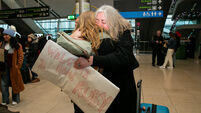Wed, 29 Jun, 2022 - 02:05
When it was first mooted that the Defence Forces might be called in to assist with security logjams at Dublin Airport back in April, the suggestion garnered a dusty response from some quarters.
Ryanair chief executive Michael O’Leary thought it was a good idea (he thinks the same military solution would be beneficial at Heathrow). Others were less enthused.
Already a subscriber? Sign in
You have reached your article limit.
Subscribe to access all of the Irish Examiner.
Annual €130 €80
Best value
Monthly €12€6 / month
Introductory offers for new customers. Annual billed once for first year. Renews at €130. Monthly initial discount (first 3 months) billed monthly, then €12 a month. Ts&Cs apply.
CONNECT WITH US TODAY
Be the first to know the latest news and updates

















